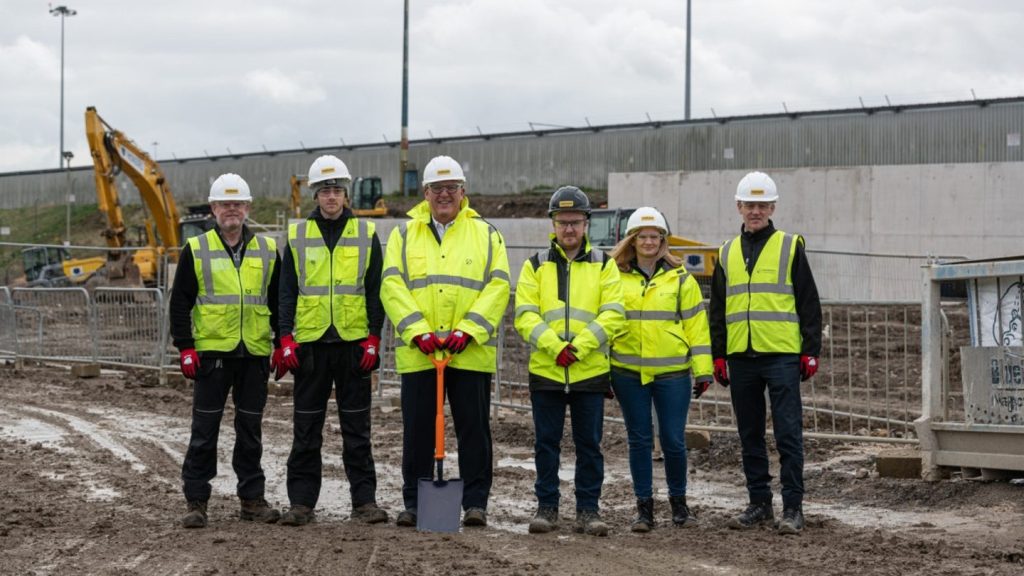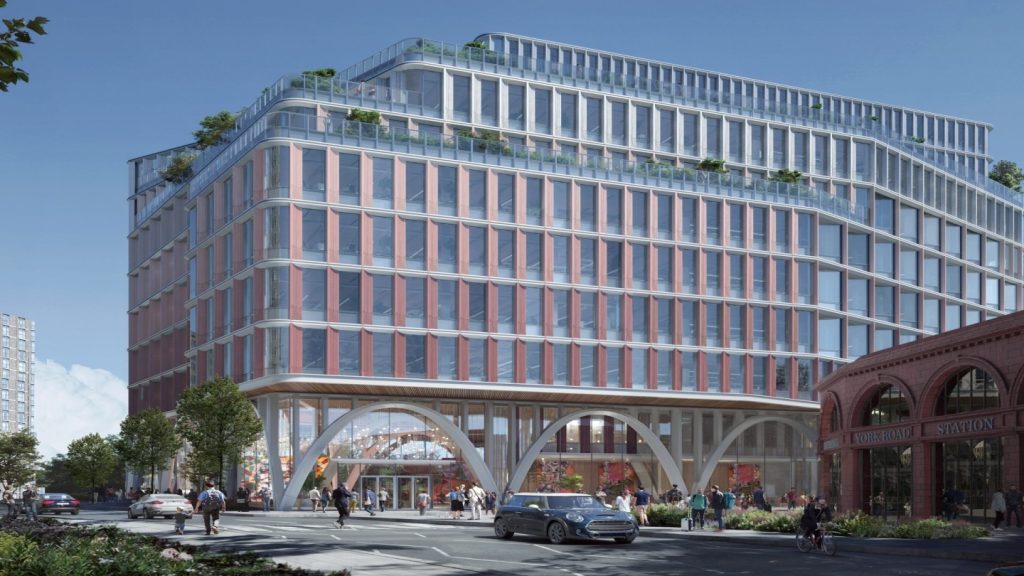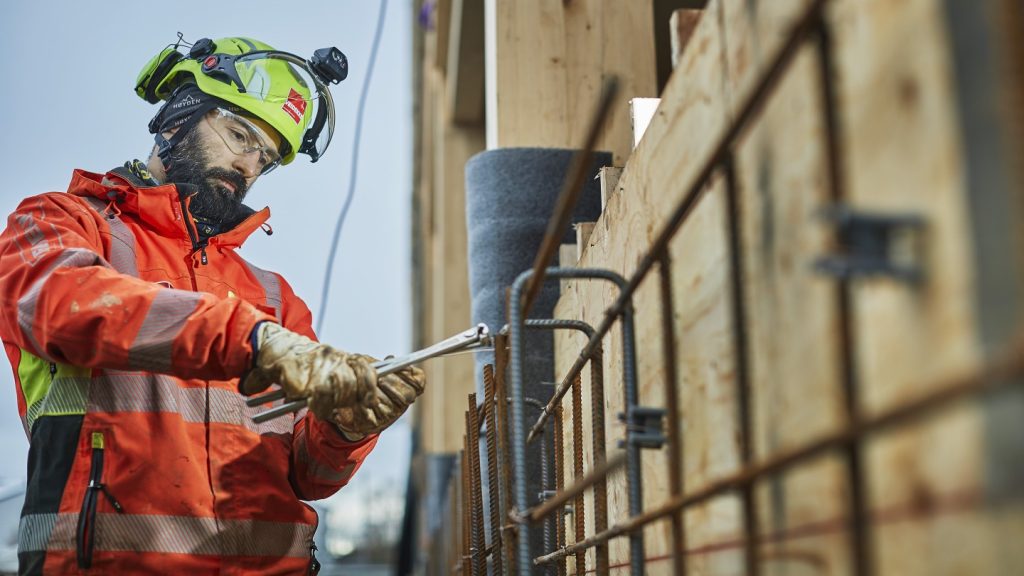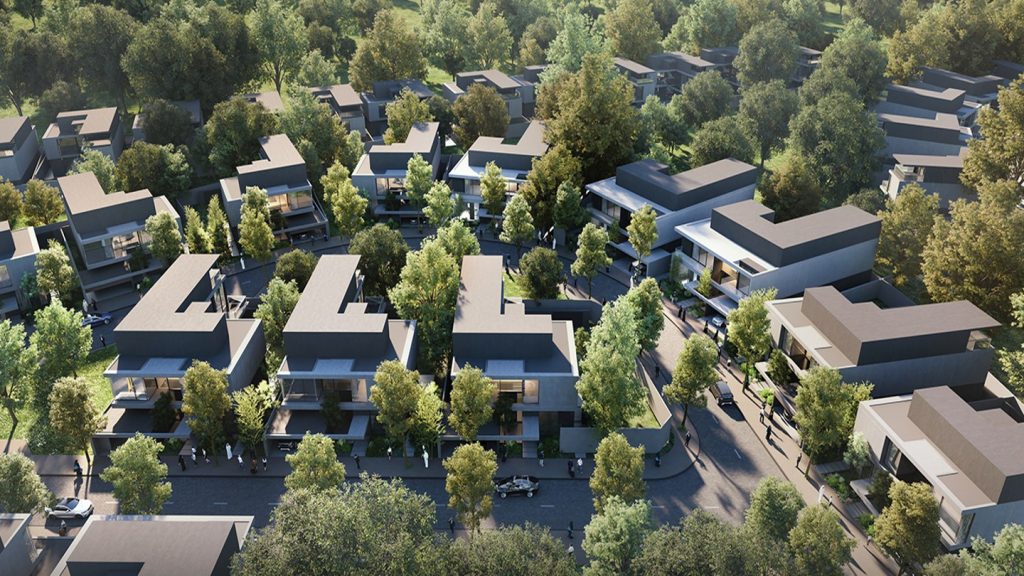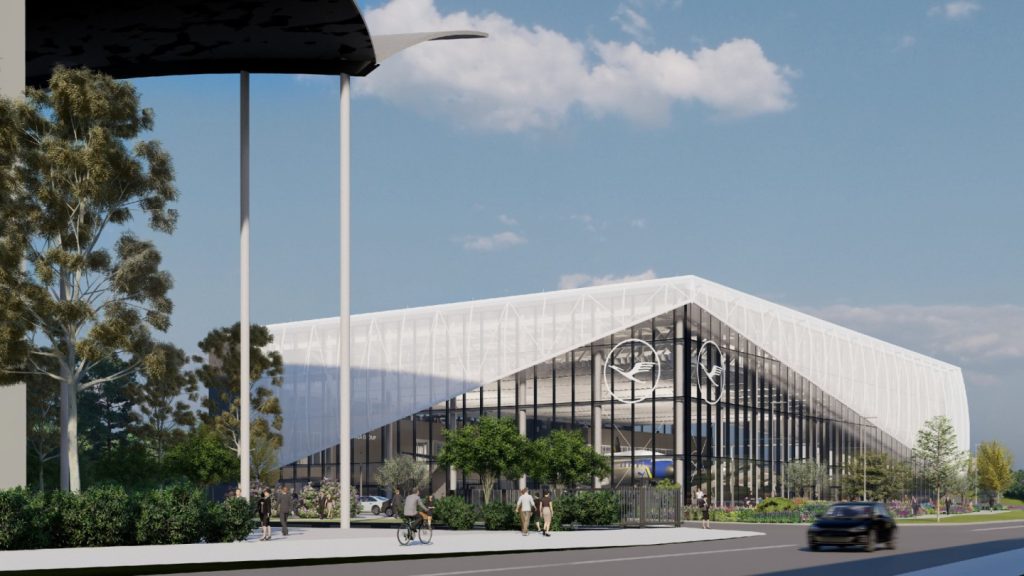Leeds Bradford Airport (LBA) in the UK has held a ground-breaking ceremony for its new terminal regeneration project, LBA:REGEN.
The event, which marks the start of construction on the terminal extension, was attended by LBA CEO Vincent Hodder, Farrans Construction project manager Darren McIvor, and more.
Hodder said: “This ground-breaking is a significant moment in LBA’s history, representing the culmination of thousands of hours of planning, consultation and design.
“As one of Yorkshire’s most significant infrastructure projects, we and our passengers are immensely excited to see it develop in the coming months. Once complete, this project will deliver the airport that our passengers, airlines and region need and deserve.”
The LBA:REGEN project will include a 9,500m², three-storey extension to the current terminal, as well as refurbishment of existing facilities.
The £100m ($124.67m) development is intended to modernise the existing terminal, creating a more efficient and sustainable facility.
The project is expected to enhance the passenger experience and contribute to the economic growth of the region.
It will encompass additional aircraft stands, increased seating, expedited security processes, new shops and eateries, a larger baggage reclaim area, and an improved immigration hall.
It will also feature enhanced accessibility for those with restricted mobility.
Farrans is managing the first phase of the project.
The project's second phase will focus on enlarging the central search and check-in areas, as well as the duty-free, retail, and arrivals spaces.
Construction is scheduled for completion in 2026.
By 2030, the LBA:REGEN initiative is expected to have created approximately 1,500 new direct jobs at LBA and an additional 4,000 indirect jobs.
The regeneration project aligns with the airport's Net Zero Carbon Roadmap.
It will incorporate the installation of new efficient heating, lighting, and machinery systems, and aims to attract airlines that operate the newest, quietest, and most efficient aircraft.
It is also anticipated to contribute a total of £940m to the local economy.


